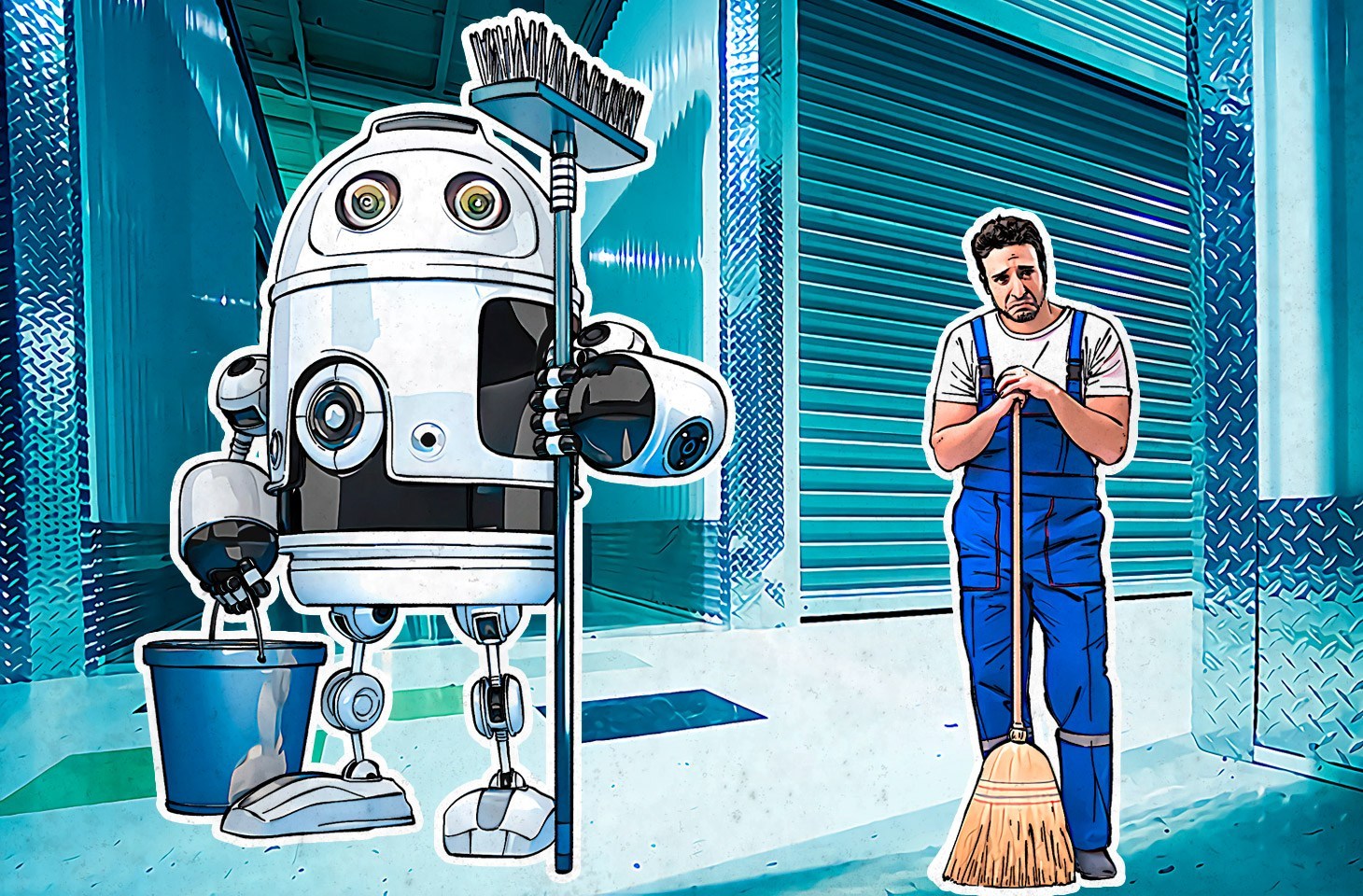Like the Luddites from English history, people are becoming increasingly worried about technologies, more specifically artificial intelligence, stealing jobs. However, it seems the young do not have this concern; 40% of the university students we surveyed said they believe that the job they are preparing for does not even exist yet.
So, what sort of jobs may be just around the corner? Well, here are a few examples of what the future may hold:
- Tele-surgeon. Surgeons will no longer need to be physically in the operating room; instead, they will operate intelligent machines remotely without laying a finger on their patients.
- Human/robot interaction specialist. As robots and humans become ever more entwined at work, robots will need to be taught the intricacies of human emotions — and, on the flip side, humans will need to better understand how robots work.
- Augmented reality architect. This area isn’t a new one, but rather an evolution of an age-old discipline. Architects will be able to build AR versions of their work, which will help with the building process and will help customers visualize their work.
- Smart-home developer. Homes will no longer be just empty spaces that we fill. Instead, a smart-home developer will build an ecosystem adapted to the owner’s habits, needs, space, and family.
- 3D-printed fashion designer. Clothing stores could become a thing of the past as 3D printing takes off. With computer 3D printing, new types of clothing and styles will become increasingly common.
Whether these jobs become a reality is something we will find out eventually, but this much is certain: With increasing reliance on connected devices (cars, smartphones, homes), the demand for cybersecurity professionals will only increase.
To that end, Kaspersky Lab has created the Secur’IT Cup, a competition dedicated to facing the rapidly changing world and tackling the cybersecurity challenges posed by new technologies. The contest is free to enter and offers a grand prize of $10,000.
As Eugene Kaspersky explains: “Cybersecurity is crucial today and will be even more so as technology becomes the main facilitator for these future jobs. From patient safety to protecting humans from AI gone awry, security needs to be factored into all technological processes, as the bad guys will continue to attempt to exploit the opportunities created by an increasingly connected world. Currently, there’s a real skills shortage in the sector, so I urge students to consider entering this critical industry.”
For more information, head to the Secur’IT Cup website.
 future
future

 Tips
Tips